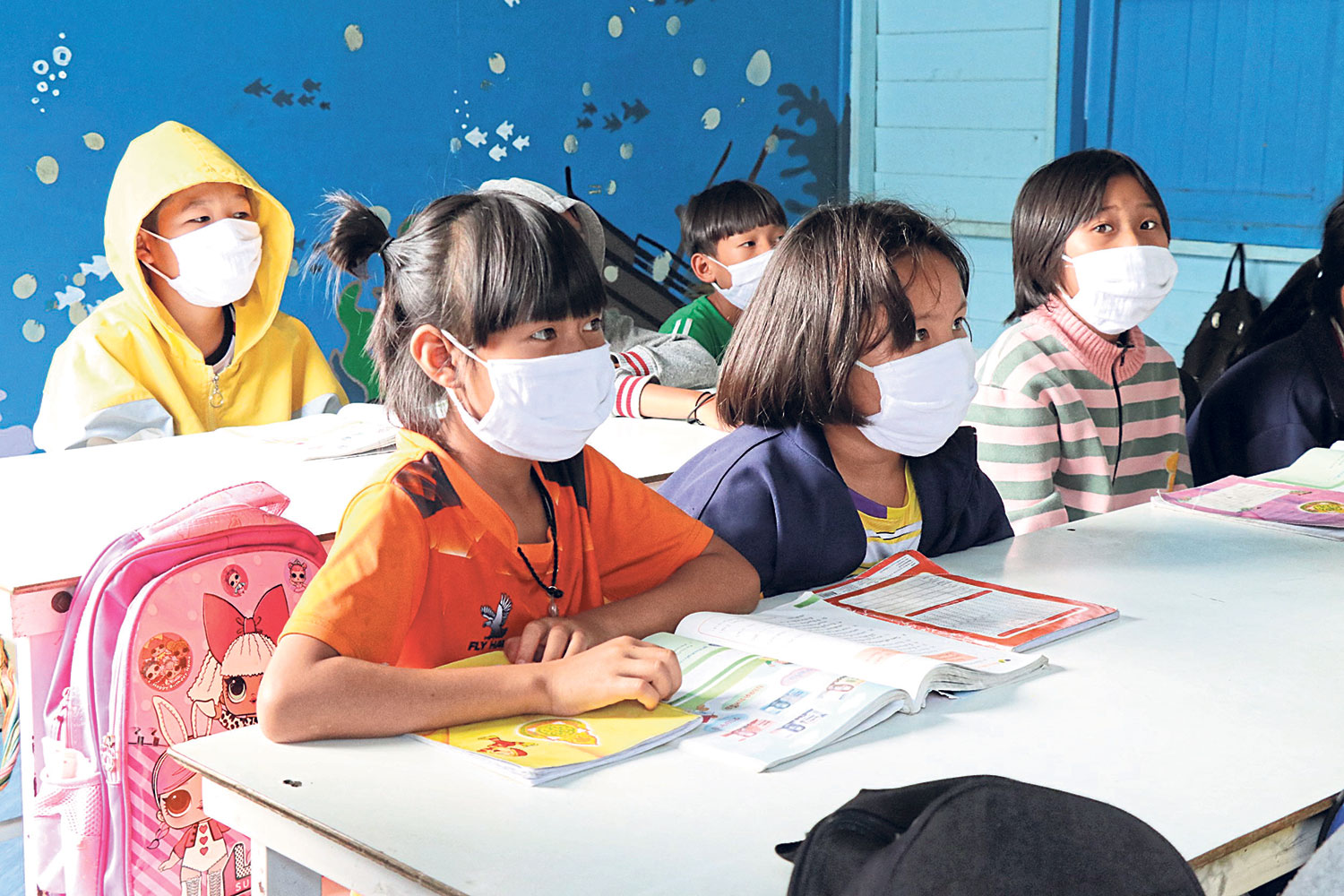
The United Nations Education, Scientific and Cultural Organization (UNESCO) has announced 8 September of every year as “International Literacy Day (ILD)” and invited member countries around the world to celebrate this important occasion, and Thailand’s Office of the Non-Formal and Informal Education (NFE) has been continuously countering illiteracy among Thai people, especially marginalised people.
ILD 2021 will be celebrated under the theme “Literacy for a human-centred recovery: Narrowing the digital divide” in response to the devastating impact of the Covid-19 crisis affecting over 773 million non-literate young people and adults across the globe. It will explore how literacy is pivotal to a human-centred recovery from the pandemic and how technology helps make learning inclusive, leaving no one behind.

Regarding the situation in Thailand, Mr. Warat Pruksathawikul, NFE Secretary-General, said: “Around 6.2% of Thai adults are currently non-literate while the rate of youth illiteracy is lower, at around 1.8%. However, in our classrooms across the country, many students are found to be not fluent in reading and writing, or even speaking, Thai language.”
“The NFE, as the main government agency concerned with public education, is committed to helping people become literate. It is also its mission to encourage the public to recognise the importance of literacy as an issue that relates to human dignity and human rights for which solutions need to be collective. NFE teachers at district level, responsible for further education and offering job skill training, are the main literacy instructors of the non-literate population. The NFE also provides opportunities for students to learn with local libraries.”

Mr. Warat further shared that the most important aspect of literacy enhancement is a learner-centred approach: “Our curriculum was last updated in 2014 and we are developing it. We are also developing learning tools to match student needs, especially by adding foundational materials and teaching literacy in context, unlike the old textbook style.”
“This has proved particularly effective with hill tribe and Morgan islander students in 14 provinces who mainly constitute targets of NFE literacy classes. Before, they were turned off by memorising spelling rules from a book. Instead, our teachers will now focus on listening, speaking, and vocabulary skills, mostly concerning the context of going to hospital and contacting government agencies, visiting their homes and applying literacy to their lifestyle.”

The secretary-general believes that this is the most appropriate teaching method for NFE.
“The curriculum needs to take student potential into consideration. We cannot focus solely on standardised test results with our learners because different students in different areas have different needs. Our students thrive when we take an holistic approach to life and job skills alongside literacy skills.”

“It also helps sustain our students’ continuous education amid the Covid-19 epidemic, where many are forced to leave the classroom. We also organise teacher training sessions, as a lot of our teachers already have a heavy workload and cannot catch up with the shift toward distance learning so quickly.”
“Literacy is a crucial skill, as it expands the capacity to choose the life a person wants,” Mr. Warat concluded. “Despite the Covid-19 epidemic, NFE will continue to uphold a flexible approach to education to improve the lives of Thai people in the long run.”